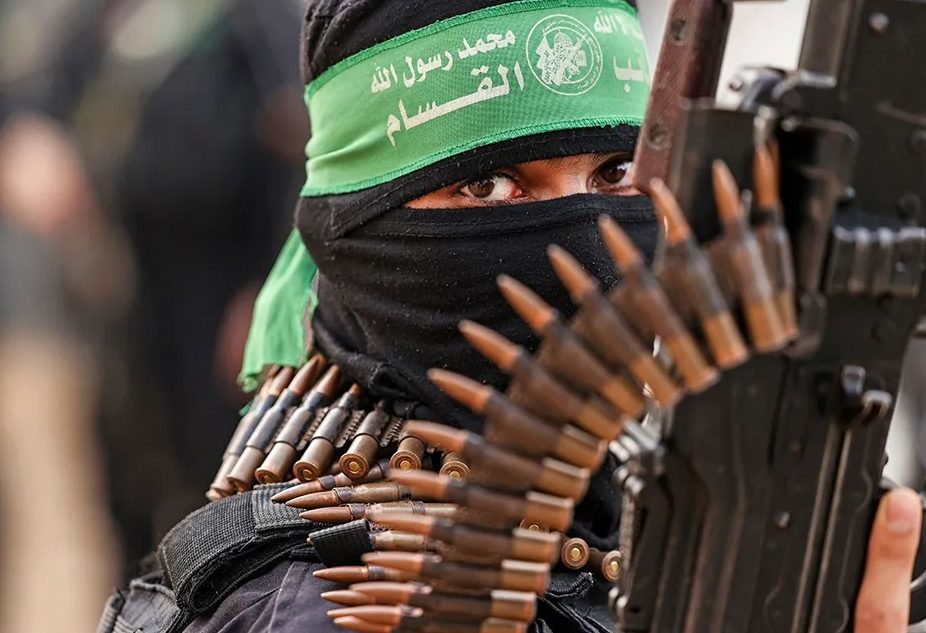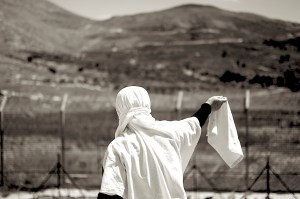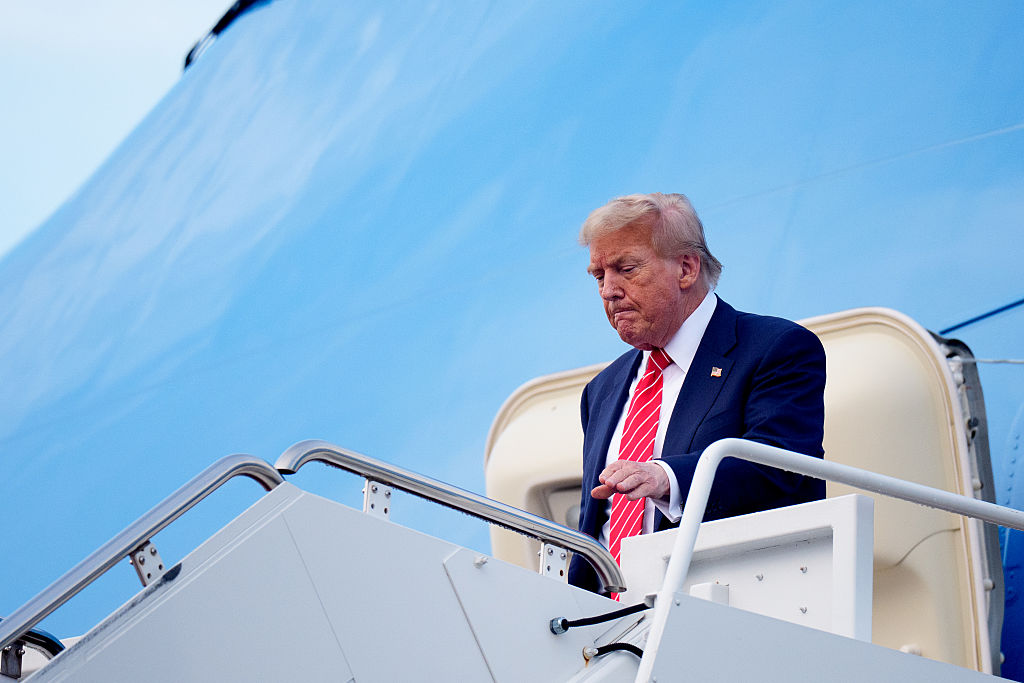Jerusalem
For weeks the Israeli Defense Forces had been preparing for an assault on Rafah. Yet when the order finally came on Monday night, it caught Israel’s generals by surprise. This was despite the fact that two armored divisions had been deployed on Gaza’s southern border, and hundreds of thousands of leaflets printed warning the local population to evacuate to a “humanitarian area” on the coast. Twice the plan to drop the leaflets over Rafah had been postponed, following American pressure. On Monday morning, when the green light came, the plan was to give civilians at least a week to move. Ten hours later the tanks moved in.
There was another reason for the generals’ surprise. A few hours earlier, a delegation of senior Hamas leaders in Cairo told the Egyptian government they accepted the proposal for a six-week truce during which Israeli hostages would be released. The generals believed that any major offensive would be on hold if there was a chance of a deal being struck.
The war cabinet had made two decisions: to send troops into Rafah and to send a negotiating team to Cairo to examine Hamas’s response. It looks like a contradiction — why launch an attack if there’s a chance of hostages being returned?
The generals in Cairo would love to see Hamas crushed by Israel but they are also fearful
There’s a strategic logic, however, behind Israel’s move. Hamas’s response includes major discrepancies with the original framework proposed by the Egyptians weeks ago, which Israel agreed to. Hamas has also been given discreet assurances that Israel will be pressured to continue the truce and accept a longer-term ceasefire. The chances of bridging these differences are slim: that’s why the Israeli delegation doesn’t include the chiefs of Shin Bet and Mossad who have a mandate to sign off on any deal.
On the other hand, the Israeli incursion is limited: the tanks didn’t go into the city of Rafah itself, where more than a million civilians are huddled, along with Hamas’s last full brigade of fighters. Instead, they captured a section of Gaza’s border with Egypt and the Rafah crossing. A tactical move that doesn’t cross the American-and Egypt-imposed “red-lines.”
There’s political logic too. Benjamin Netanyahu is under intense pressure from his far-right partners in government to launch an assault on Rafah. But the more pragmatic voices in the war cabinet, and much of the Israeli public, are urging a deal to secure the release of hostages. President Joe Biden has also threatened to slow down the supply of arms if the IDF enters Rafah. The limited incursion and low-level delegation to Cairo are an attempt to buy time. A classic Netanyahu move and one that makes sense to all sides. But only for a short time.
By their very nature, hostage negotiations are complex affairs, conducted in deep secrecy. At least, that’s how these things are usually done. Not so the talks between Israel and Hamas. Like nearly all other aspects of this war, the most media-saturated conflict in history, every stage of the negotiations takes place under intense global scrutiny. Every day has to come with a headline, either of a breakthrough or of the talks being on the verge of collapse.
“This isn’t how this kind of negotiation works,” says one Israeli official who has been involved in previous talks with Hamas. “It’s a series of tiny movements back and forth where every detail is fought over. The media can’t capture these nuances. They need headlines.” A series of leaks and briefings from all sides have provided these.
To make matters harder — and unlike in previous talks, where there was usually a professional go-between, often a veteran intelligence officer from Germany — the mediation is being carried out by three governments with their own set of interests. The Qatari regime, whose ideological and religious sympathies lie with Hamas, whose leaders it hosts in Doha and whose fighters it idolizes, is also anxious to demonstrate to the West that it doesn’t support terror.
The military leadership of Egypt, meanwhile, harbors a deep hatred of Hamas, which shares an ideology with the Muslim Brotherhood. The generals in Cairo would love to see Hamas crushed by Israel. But they are also fearful of the situation getting out of hand in Gaza and thousands of Palestinian refugees pouring over the border into their territory. They also urgently want a ceasefire so that the Houthis in Yemen stop firing at container ships in the Red Sea, forcing them to take the longer route around Africa and costing Egypt billions in lost revenue from the Suez Canal.
Then there are the Americans. Biden has strongly supported Israel since October 7, incurring political damage at home in the process. But now he urgently wants a ceasefire so he can focus on a grand deal with the Saudis (which could include Israel as well) and turn his attention to fighting the election. Biden believes a truce and hostage deal could lead to a breakthrough with the Saudis. He’s heavily invested in the talks which are attended by CIA chief Bill Burns.
To make matters worse, on the Israeli and Hamas sides, there are deep disagreements over the type of agreement that will be considered acceptable. Netanyahu suspects he is being maneuvered into accepting a ceasefire under less than favorable terms. Israel may get its surviving hostages back but Hamas will also be allowed to survive. But he has only himself to blame: seven months into the war, he refuses to present his own vision for Gaza’s future. As the IDF wraps up operations in Gaza City and Khan Yunis, Hamas is re-establishing control there, with or without a deal.
Netanyahu’s fear of losing his far-right partners (which would lead to his government collapsing) and suspicion of any solution proposed by Israel’s allies has led him to squander the tactical gains of the IDF on the ground. Yet another bloody maneuver into Rafah may please his nationalist base but won’t solve that issue. Instead, he has maneuvered himself into a position where a despairing America now threatens to slow down, even freeze, arms supplies, leaving Israel without their hostages and with a disastrously half-complete job in Gaza.
This article was originally published in The Spectator’s UK magazine. Subscribe to the World edition here.


























Leave a Reply